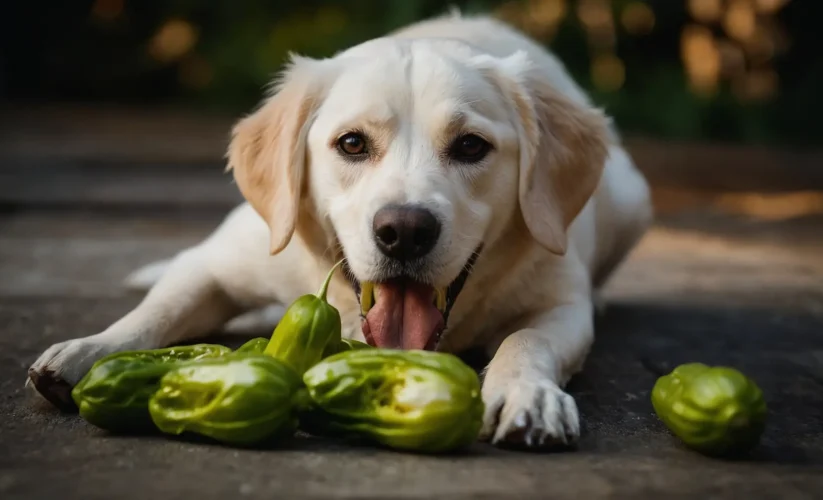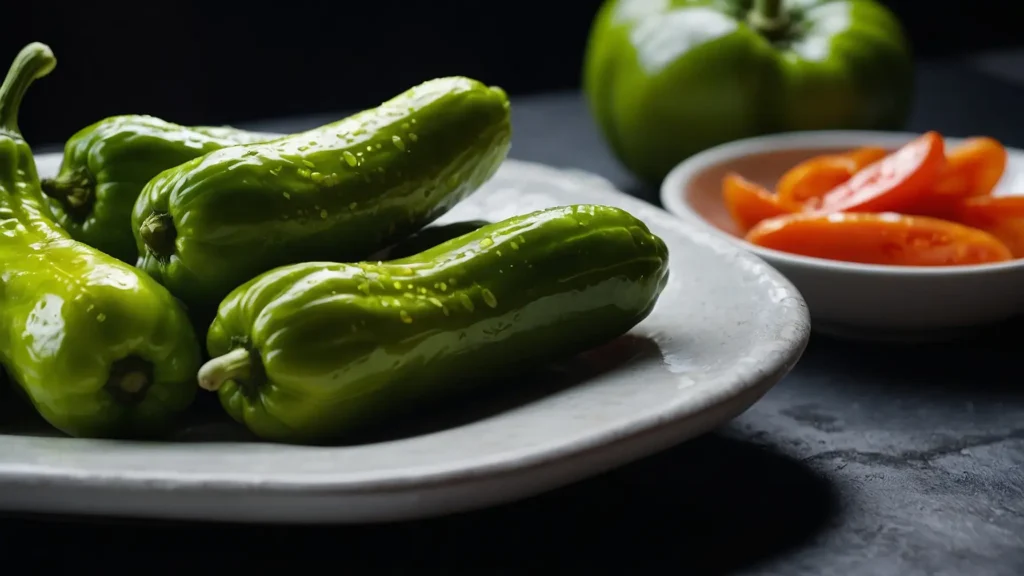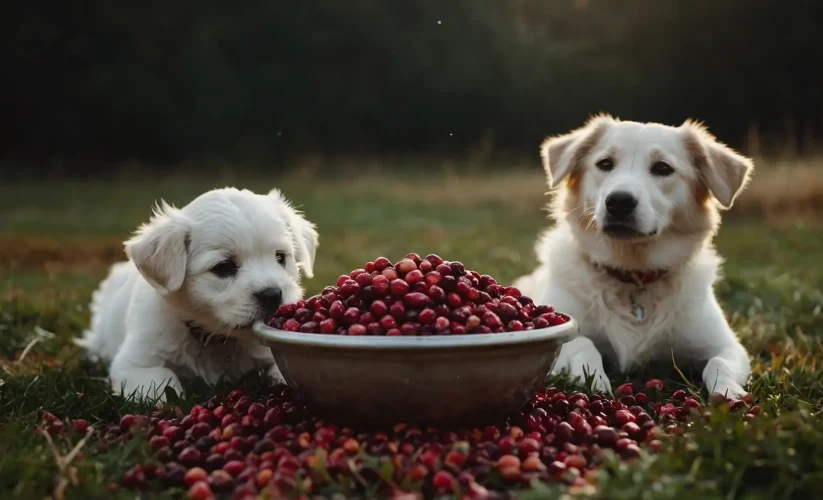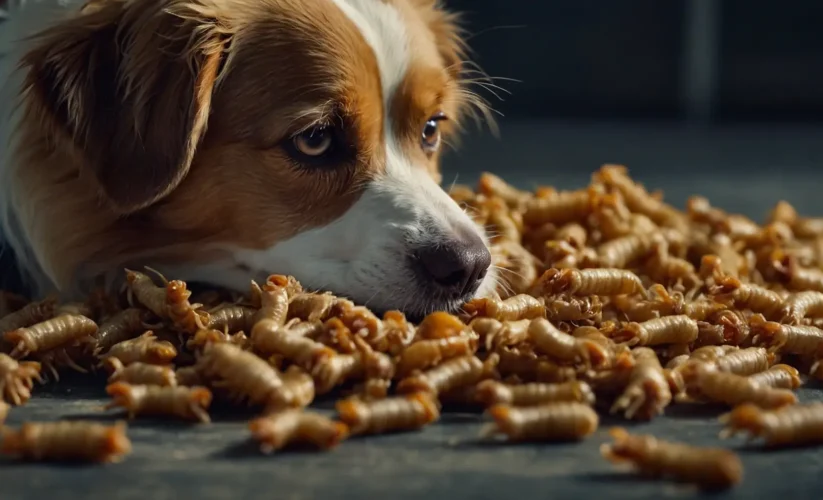Can Dogs Eat Pepperoncini?

The question of whether dogs can eat pepperoncini is one that many pet owners might find themselves pondering as they enjoy a delicious pizza or Greek salad. Pepperoncini, those mildly spicy green peppers that add a tangy kick to many dishes, are a staple in Mediterranean cuisine. They’re not only flavorful but also packed with vitamins and minerals. However, when it comes to sharing our human foods with our furry friends, caution is always advised. As responsible pet owners, it’s essential to understand not just the immediate effects but also the long-term implications of feeding our dogs foods that are outside their regular diet. This blog post delves into the safety and nutritional aspects of pepperoncini for dogs, explores potential risks, and compares them with other vegetables to provide a comprehensive guide for dog owners.
Is Pepperoncini Good for Dogs?
At first glance, pepperoncini might seem like a harmless treat for your dog. These peppers are a good source of vitamin C, vitamin A, and antioxidants, which are beneficial for maintaining a healthy immune system and preventing cell damage. Additionally, the capsaicin content in pepperoncini, which is much lower than in hotter peppers, can offer anti-inflammatory benefits. However, the key lies in moderation and understanding a dog’s digestive system.

Dogs have different metabolic rates and digestive systems compared to humans, which means they process foods differently. The mild spiciness of pepperoncini, while not harmful in small quantities, is not something dogs are naturally equipped to handle. Most dogs do not prefer spicy foods, and their taste buds are not designed to appreciate the heat or tanginess that comes with pepperoncini. Therefore, while a tiny amount of pepperoncini might not cause immediate harm, it’s not necessarily beneficial for them either. It’s important to consider the individual dog’s size, breed, and dietary history before introducing any new food item.
Is Pepperoncini Bad for Dogs?
While pepperoncini are not toxic to dogs, they can pose some risks. The spice level, although low compared to other peppers, can still cause gastrointestinal upset in dogs. Symptoms might include vomiting, diarrhea, and discomfort. Additionally, the acidity of pepperoncini can lead to stomach upset or exacerbate conditions like acid reflux.
Another concern is the sodium content. Pepperoncini, especially those that come pickled in jars, are often high in sodium, which is not suitable for dogs in large amounts. Excessive sodium intake can lead to dehydration, increased blood pressure, and in severe cases, sodium ion poisoning. Furthermore, the presence of any added spices or garlic in pickled pepperoncini can be harmful to dogs, as garlic is toxic to them in large quantities.
Are Other Vegetables Safe For Dogs?
When considering what vegetables are safe for dogs, it’s essential to recognize that many can be beneficial to their diet. Carrots, for instance, are excellent for dogs. They provide beta-carotene, fiber, vitamin K, and potassium, and can help clean teeth. Green beans are another healthy option, low in calories and packed with iron and vitamins. Pumpkin, not technically a vegetable but often grouped with them, is fantastic for dogs’ digestion due to its high fiber content.
However, not all vegetables are safe. Onions and garlic can cause anemia in dogs, and excessive raw leafy greens like spinach might lead to kidney problems due to their high oxalic acid content. It’s always best to research each vegetable and consult with a veterinarian before introducing it into your dog’s diet, especially if your dog has specific health concerns or dietary needs.
Final Thoughts
In conclusion, while pepperoncini is not inherently dangerous to dogs, it’s not the most suitable food item for them. The mild spice and acidity could lead to discomfort, and the nutritional benefits do not outweigh the potential risks. As dog owners, our responsibility is to provide our pets with foods that contribute positively to their health and well-being. When it comes to vegetables, there are far more suitable and beneficial options available that align better with a dog’s dietary requirements. Always prioritize your dog’s health and consult with a vet before introducing new foods. Remember, what works for human diets does not always translate well to our canine companions. By choosing the right foods, we can ensure our dogs live happy, healthy lives.










